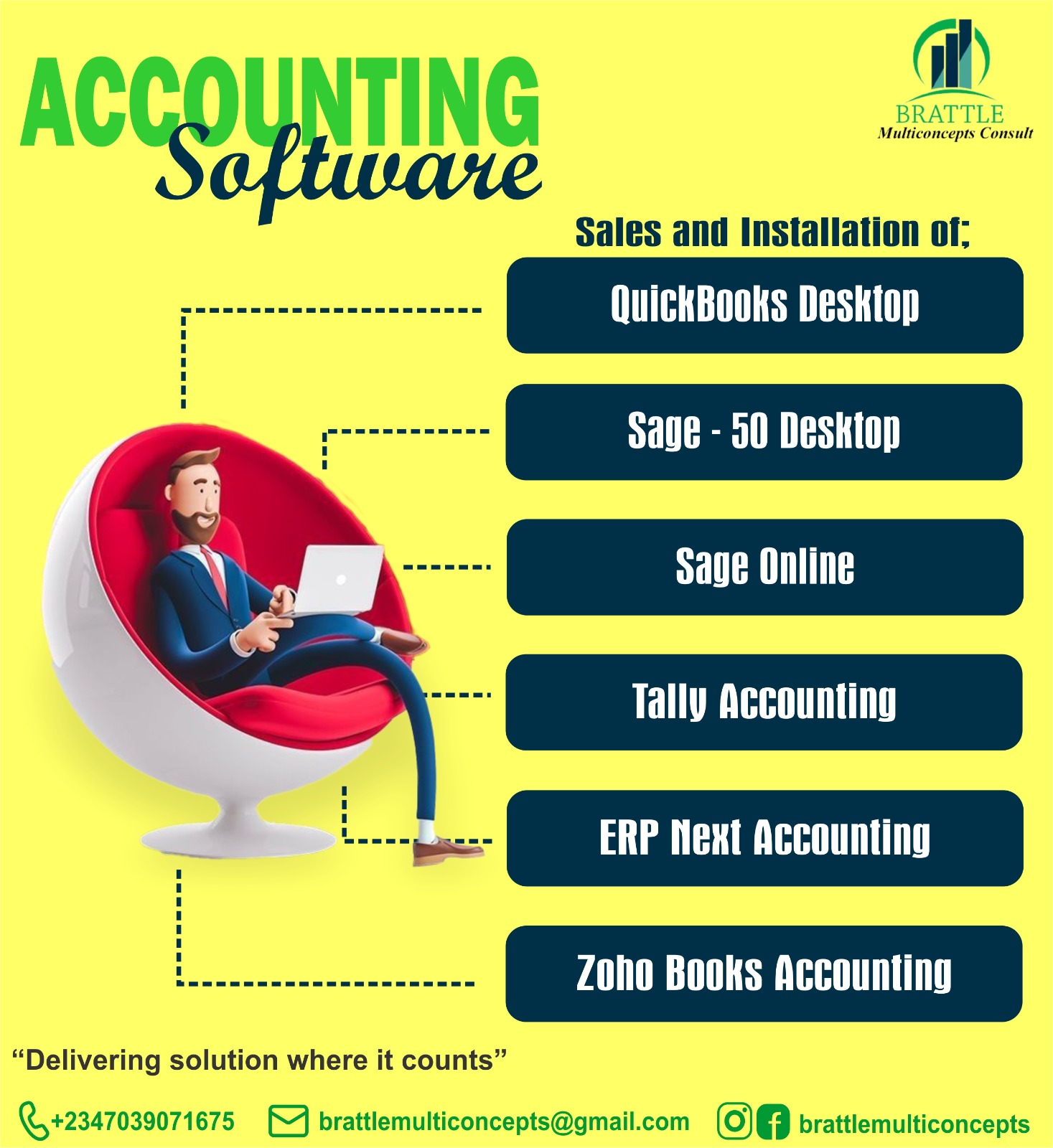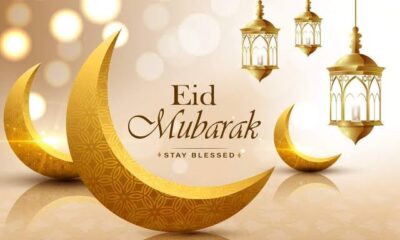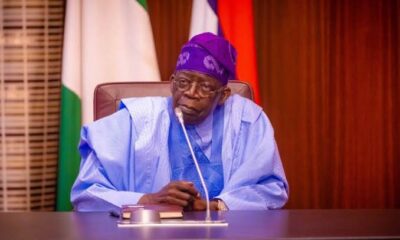Religion
Ileya Festival: 6 Important Things Muslims Should Do On Day Of Eid-Ul-Adha

Eid al-Adha, also known as the “Festival of Sacrifice,” is one of the most significant celebrations in the Islamic calendar.
This festival commemorates the profound act of faith and obedience exhibited by Prophet Ibrahim (Abraham), who was willing to sacrifice his son in submission to God’s command.
At the last moment, God intervened, providing a ram to sacrifice instead, highlighting the themes of devotion, trust, and divine mercy.
Understanding the deep religious and cultural significance of Eid al-Adha is essential for Muslims as they prepare to observe this sacred occasion. Each aspect of the celebration, from the rituals performed to the community gatherings, is imbued with rich symbolism and spiritual meaning.
Hence, Osun Defender has gathered six key important things that Muslims should do on the day of Eidul-Adha.
1. Perform Ghusl (Purification Bath)
One of the essential preparations for Eid al-Adha is performing ghusl, or the purification bath. This practice is rooted in Islamic tradition and signifies both physical and spiritual cleanliness. Performing ghusl involves washing the entire body in a prescribed manner, which is not only a sunnah (recommended practice) of the Prophet Muhammad (PBUH) but also a way to start the day in a state of purity.
Ghusl is typically performed before the Eid prayer to ensure that one is in a state of cleanliness when participating in communal worship. This act of purification sets the tone for the day, emphasizing the importance of cleanliness in Islam. It serves as a reminder of the spiritual purification that Muslims strive for, aligning the body and soul in preparation for worship and celebration.
The ritual of ghusl also has a social dimension. When everyone attends the Eid prayer in a state of cleanliness, it contributes to the collective atmosphere of purity and respect. This communal aspect reinforces the sense of unity and brotherhood among Muslims, as they gather together in their best state to celebrate a significant religious occasion. It also reflects the broader Islamic principle that cleanliness is half of faith, underscoring the importance of hygiene and presentation in daily life.
Beyond the religious and social aspects, ghusl can have psychological benefits. The act of thoroughly washing and cleansing oneself can be invigorating and refreshing, contributing to a positive and energized mindset for the day’s activities. It provides a moment of personal reflection and renewal, allowing individuals to focus on their intentions and spiritual goals for Eid al-Adha.
2. Wear Your Best Clothes
Dressing in one’s finest attire is a tradition for Eid al-Adha, symbolizing joy, respect, and the significance of the occasion. Wearing new or clean clothes is an expression of the happiness and reverence that Muslims feel on this day. It’s a way to honor the festival and show gratitude for the blessings received throughout the year.
Choosing your best clothes for Eid is not merely about aesthetics; it is deeply rooted in Islamic teachings. The Prophet Muhammad (PBUH) encouraged Muslims to look their best for festive occasions. This tradition is an opportunity to reflect on one’s personal presentation and the importance of dressing modestly and respectfully, aligning with Islamic values of decency and humility.
For many, the process of selecting and preparing clothes for Eid begins well in advance. This anticipation adds to the excitement and sense of celebration. Families often engage in shopping trips together, which can strengthen family bonds and create shared memories. The act of preparing and wearing new clothes is a way to participate actively in the festivities, enhancing the overall experience of Eid.
Moreover, wearing one’s best clothes fosters a sense of community and equality. On Eid, regardless of social or economic status, everyone makes an effort to dress well, which can bridge gaps and bring people together. It’s a day when outward appearance reflects inner joy and gratitude, contributing to a collective atmosphere of celebration and unity.
This practice also sets a positive example for younger generations, teaching them about the importance of self-presentation and the joy of participating in religious traditions.
3. Offer the Eid Prayer
The Eid prayer is a central component of Eid al-Adha celebrations, typically performed in congregation at mosques or open grounds. This special prayer is an opportunity for Muslims to come together in worship and gratitude. It consists of two units of prayer (rak’ahs) and includes a sermon (khutbah) that often highlights the significance of Eid al-Adha, the story of Ibrahim and Ismail, and the importance of sacrifice and charity.
Participating in the Eid prayer fosters a sense of community and shared faith. It is one of the rare occasions when large groups of Muslims gather to pray together, reinforcing communal bonds and solidarity. The collective act of worship creates a powerful sense of unity and shared purpose, reminding participants of their connection to the global Muslim community (ummah).
The timing of the Eid prayer is also significant. It is usually held in the morning, allowing the community to start the day with worship and reflection. This sets a spiritual tone for the rest of the day’s celebrations and activities. The early morning prayer also symbolizes a new beginning, filled with hope and blessings, which is particularly meaningful during a festival that emphasizes gratitude and sacrifice.
Moreover, the sermon delivered during the Eid prayer provides an opportunity for religious leaders to address the community, offering guidance and insights relevant to the occasion.
It’s a time for learning and reflection, helping individuals to connect more deeply with the spiritual messages of Eid al-Adha. This shared experience of listening and learning together further strengthens the sense of community and shared values among Muslims.
4. Prepare the Sacrificial Animal
One of the most distinctive aspects of Eid al-Adha is the sacrifice of an animal, typically a goat, sheep, cow, or camel. This act commemorates Prophet Ibrahim’s willingness to sacrifice his son in obedience to God’s command, and God’s provision of a ram to sacrifice instead. The preparation for this sacrifice involves careful selection and care of the animal, ensuring it meets specific Islamic criteria.
Selecting the sacrificial animal is a significant responsibility, as it must be healthy, free from defects, and of a certain age. This process can be a family activity, educating children about the significance of the sacrifice and the values of care and responsibility.
The selection and preparation of the animal emphasize the importance of offering the best to God, reflecting sincerity and devotion in worship.
Caring for the animal before the sacrifice is also an act of compassion and stewardship, reflecting the Islamic principle of kindness to all living creatures. This period of care can foster a deeper connection and understanding of the sacrifice’s meaning, transforming it from a ritual act into a heartfelt offering. It also provides an opportunity to teach younger generations about humane treatment of animals and the responsibilities involved in such practices.
The act of sacrificing the animal is performed in accordance with Islamic law (Sharia), ensuring it is done humanely and with the intention of seeking God’s pleasure. The meat from the sacrifice is then divided into three parts: one-third for the family, one-third for relatives and friends, and one-third for the needy. This distribution reinforces the values of charity, generosity, and community support, integral to the spirit of Eid al-Adha.
5. Give to Charity
Charity is a fundamental aspect of Eid al-Adha, reflecting the spirit of sacrifice and generosity that defines the festival. Giving to charity is not just an act of kindness, but a religious obligation that reinforces the communal and egalitarian values of Islam.
The tradition of dividing the sacrificial meat and ensuring that a portion is given to those in need exemplifies the principle of sharing and supporting the less fortunate.
In addition to distributing meat, many Muslims also give monetary donations (Sadaqah) or other forms of assistance to those in need. This practice helps to ensure that everyone, regardless of their economic situation, can partake in the joy and festivities of Eid. It also serves as a reminder of the importance of empathy, compassion, and social responsibility in Islam.
Charitable giving during Eid al-Adha has far-reaching benefits. It supports the well-being of individuals and communities, providing essential resources to those who might otherwise go without.
This act of generosity helps to build a more inclusive and supportive society, where the welfare of the less fortunate is a collective concern. By making charity an integral part of Eid celebrations, Muslims reaffirm their commitment to social justice and the teachings of Islam.
Moreover, the act of giving enhances the giver’s sense of gratitude and humility. It fosters a recognition of one’s blessings and the responsibility to use them for the greater good. This practice of charity is a way to purify wealth and reinforce the spiritual dimensions of Eid al-Adha, transforming the celebration into an occasion of meaningful and heartfelt acts of worship and community service.
6. Prepare and Enjoy Special Meals
Eid al-Adha is a time for families and communities to come together and enjoy special meals, celebrating the occasion with feasts that include the meat from the sacrificial animal.
Preparing these meals is a significant aspect of the festivities, reflecting the joy and gratitude that characterize the day.
Traditional dishes vary across cultures, but the common theme is the use of high-quality ingredients and the sharing of these meals with loved ones.
-

 Breaking News2 years ago
Breaking News2 years agoBREAKING: CBN Redesigns Naira Notes
-

 Breaking News11 months ago
Breaking News11 months agoBREAKING: Tinubu Considers Temporary Subsidy On Petrol
-

 News2 years ago
News2 years agoDrama As Church Gives Certificate Of Virginity To Ladies After Testing Them (See Photos)
-

 Crime2 years ago
Crime2 years agoUproar As Student Teacher On Teaching Practice Impregnates 24 Girls, Headmistress, Four Female Teachers
-

 Breaking News3 months ago
Breaking News3 months agoJUST IN: Gbajabiamila Dies In UK
-

 Breaking News9 months ago
Breaking News9 months agoBREAKING: Dangote Speaks As BUA Reduces Price Of Cement
-

 Breaking News10 months ago
Breaking News10 months agoFLASH: Govt Declares Monday As Public Holiday
-

 Crime2 years ago
Crime2 years agoJUST IN: Gunmen Storm Osogbo, Kill Man, Daughter Few Hours After His Wife Put To Bed (Photos)













